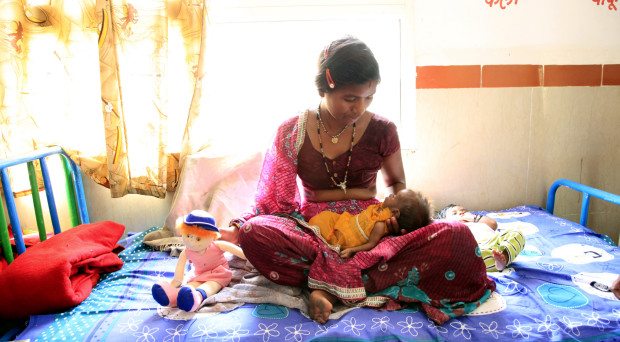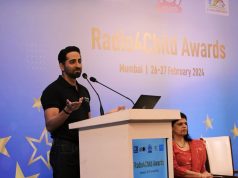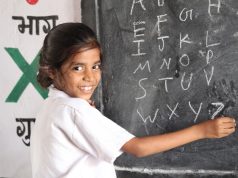Breastfeeding- Working Together For The Common Good
On the occasion of World Breastfeeding Week (1st-7th Aug 2017), corporates are aiming to drive greater awareness and adoption of breastfeeding practices.To focus on promoting key messages on the importance of breastfeeding, societal barriers and the various solutions available to help prolong breastfeeding to the extent possible. The World Breastfeeding Week’s 25th year in 2017 is about working together for the common good.
According to a Lancet report, breastfeeding could save 820,000 lives annually, i.e. preventing 13% of all deaths of children under five. It could reduce one third of respiratory infections and about half of all diarrhea episodes in low- and middle-income countries. For India it could reduce 156,000 child deaths each year, reduce a minimum of 3,436,560 respiratory infections and 3,900,000 episodes of diarrhoea, particularly in young children.
This would help achieve the Sustainable Development Goal (SDGs) targets for health and nutrition.
Royal Philips, a player in health technology, has launched an outreach program to train and empower expecting mothers and families, and train healthcare professionals. During the World Breastfeeding Week and beyond, Philips Avent will reach out to expecting mothers and families through various touch points like antenatal and postnatal classes in major hospital chains, as well as conducting in-depth Nurses Training Programs to educate the primary caregivers.
There will also be a focus on digital parenting platforms to spread awareness on the various issues that women face during and after pregnancy and provide guidance.
Dr Raghuram Mallaiah, Fortis India said, “India loses more children under five each year, and more than half of these deaths occur in the neonatal period. Of the 27million babies born in India approx. 13% (3.5million) are born preterm & 28% (7.6million) with low birth weight. Human breast milk has the greatest potential impact on child survival, since it provides unique nutrition and immune support that babies need to strive and thrive. However, the awareness on the importance of breastfeeding and early nutrition is still poor among new mothers in India with many avoiding feeding colostrum (first milk) to the baby. It is imperative that mothers breastfeed exclusively during the first six months of life to achieve optimal growth and development of their babies. Breastfeeding should continue till two years of age for a child, to have the best possible impact on a child’s health.”
According to UNICEF India, India has the highest number of low birth weight babies per year at an estimated 7.4 million. Only 25% of newborns were put to the breast within one hour of birth, thus depriving 75% of infants from Colostrum. Around 46% children under six months of age are exclusively breastfed. Also, according to World Breastfeeding Trends Initiative (WBTI), launched by IBFAN, India is ranked 31 out of the 51 countries in the infant feeding practices. This percentage was found higher in neighbouring countries such as Sri Lanka, Bangladesh, Afghanistan and Bhutan.
Breastfeeding is mostly lost in agenda of different ministries. It cuts across all sectors and therefore everyone’s responsibility. According to the Lancet Series, improvements in breastfeeding would help achieve the SDG targets for health, food security, education, reducing inequalities, development, and climate change. What is needed is political commitment, financial investment and effective coordinated action at national and State level to see that strategic actions are taken across the nation to take breastfeeding to a new high through scaling up programmes to protect, promote and support breastfeeding.
Regards,
The CSR Journal Team
Subscribe













